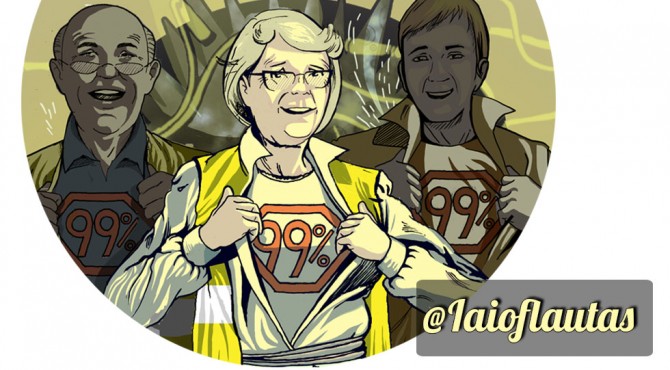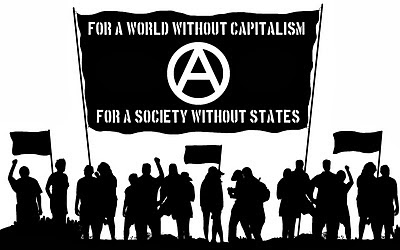Last week we got the news, hot out of Cambridge, that nutritionists could no longer say that giving up or cutting down on well reared, fatty red meat, and dairy fats would do us any good. Over the years they have extolled the benefits and alternately the dangers of red wine. Eggs were rehabilitated after several decades on the naughty step. I distinctly remember in the seventies that we were told that kippers and smoked fish, coffee (particularly black) and toast were carcinogenic. Carbs good, fats bad, oils bad, cooking anything, bad.
And each time there is a volte face on what is or isn't good for us, depending on how far the advice catches on, it has wide ranging ramifications for public health. Years may even be cut from millions of lives if we've been doing the wrong thing for a long time on scientific advice available at the time, liberties unnecessarily curbed by politicians. But you know, that's how a science works. It tries one thing, sees how it works, tries another, retraces its steps as something new is discovered and so on. Not scared of contradicting its previous theories where necessary. We learn about many of the most important in the most basic school science classes. We celebrate the names of those by whom breakthroughs were made. We do children's Christmas Lectures about them. They appear in pub quizes.
Even in social sciences, specifically as I have been studying them, poolitics and international relations, we are taught from the start about various schools of thought, their history and relevance, we have the opportunity directly to study the works of significant figures in historical political thought, and almost all our work involves trying to understand and explain different political subject areas from several of these perspectives. When one type of system goes wrong, we debate better, replacement, systems from amongst alternative vision. Again, many of these figures are in the public consciousness, though probably less so than natural scientists. But still often in pub quizes.
But in economics? No such luck, especially in taught economics at anything, it would seem, up to and including undergraduate level. It hardly seems a comprehensive enough basis for practicing economics, understanding the shades of opinion in policy debates, not knowing the history of those policy debates. And let's not forget, just as with nutritional advice, economic policy has far reaching human welfare implications. People starve when their countries' economic plans go awry, the imbalanced distribution of wealth and properity around the world must tell us that something hasn't worked. And that something is the standard neo-classical models we are all taught without exception or much debate about alternative views.
Maybe it's unusual for an undergraduate student to have read much economics before university, and I know little about the GCSE and A level curricula. But the number of well known economists who have even had a name-check during my course, including simply having some kind of economic model named after them where we have learned about the model is miniscule, and they're generally all of one broad school of thought. So we know, say, about the Mundell-Fleming model or the Phillips curve, but know very little, if anything, about Bob, Marcus or Bill themselves.
I was shocked last year, in a third/final year module, for example, to hear that nobody else (willing to speak up in seminar at least) had heard of David Ricardo or even Comparative Advantage. Adam Smith got a mention, once, in an early compulsory Micro module or something. But Say, Marx, Ricardo, Walras, Marshall, Bates have had no mention at all to say nothing about less orthodox economists like Boehm-Bawerk or Menger, Sraffa, Minsky. Even Hayek, I think, got only one mention in all of my modules. Schumpeter got several mentions, but again, just for the words "creative destruction" not about studying the man and his ideas in any more detail than that.
Now, sure, one problem for ecnomics and economists is that there really isn't a laboratory setting in which different ideas can be tried under controlled conditions and then applied to the real world. All experimentation is done on real economies with real human reactions to the policy changes that themselves might change the parameters of the experiment by reacting other than expected. There is a distinct lack of "discursive" economics of the form that Sraffa, Minsky or J K Glabraith preferred (even Keynes didn't think a concentration on mathematical modelling and predicting was useful). But really, with the seemingly intractable economic issues the world is beset with most of the time (and particularly after 2007/8's crash) you would have thought we would be taught how to debate the different possible ideological responses to those issues - the closest we have got is an essay specifically on monetary and fiscal policy as enacted after the crash in the UK, the only thing I would say has been a rigorous "academic essay" in the whole of the economics side of the course, probably.
There are, of course, signs of change. Student groups and lecturers have begun to get fed up of the monopoly neo-classicalism has on the curriculum, but the suggestions I have seen do not particularly, it seems, move away from an obsession with models over dialectic. In fact, I get the impression that some proposed curricular reforms want to see a more mathematically rigorous discipline which only partly addresses the problems with the current set up.
The current curriculum must be incredibly frustrating to teach as well. From what I can gather, most of my lecturers would probably self-identify as heterodox in some way, but are, effectively, prevented from teachig their ideas. The orthodoxy stifles real debate, making policy questions one-sided and leaving current undergraduates unprepared for a world of more open debate, schooled in models but not educated in economics.

















